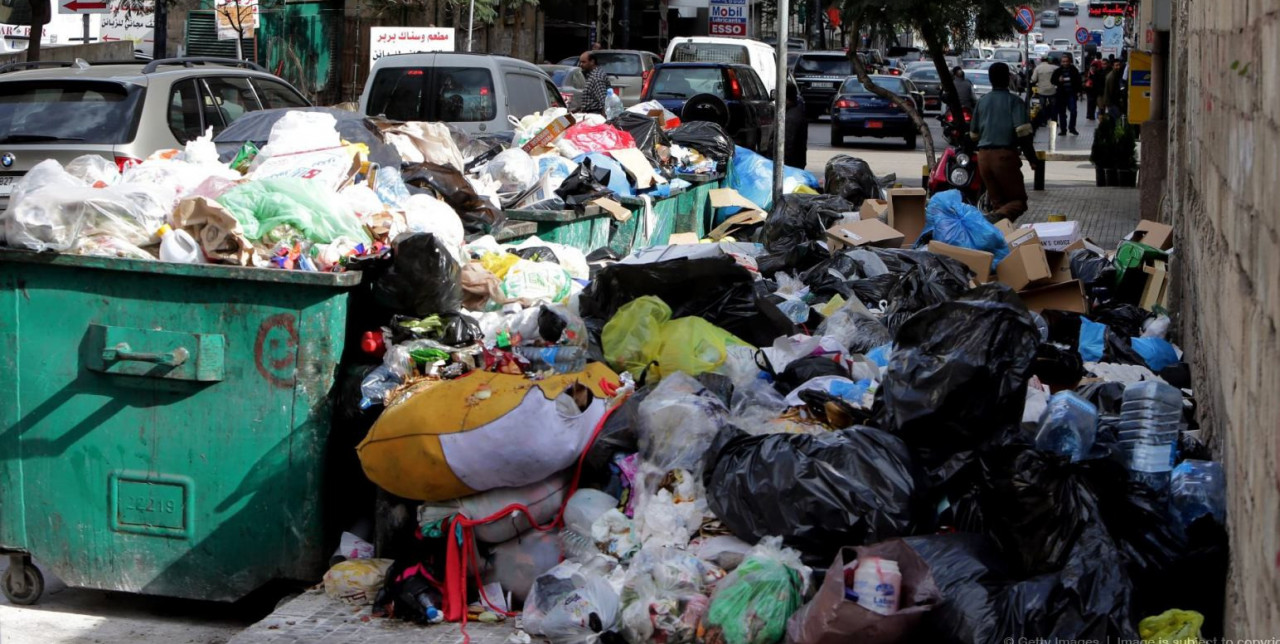31-07-2018 | di COOPI
Joining efforts for solid waste management in Lebanon
Preparations are underway for the launch of “SWaM Akkar”, a new European Union -funded project of solid waste management in Akkar (North Lebanon) aimed at tackling the unregulated production of waste affecting the country and, in particular, its poorest areas.
COOPI will lead a consortium of actors from both the non-profit and for-profit world.
Besides co-leading NGO COSPE, COOPI will team up with Lebanese NGO MADA, cooperative ERICA, consulting/design firm Studioazue and The American University of Beirut. All these partners have been involved for their expertise in the topic so as to complement the contributions from each other. More remarkably, though, the consortium sets to actively involve the Union of the Municipalities of Jurd el-Kaytee (UoMJK) both in the planning and the implementation of the activities. Local communities will therefore be working on and benefitting from the project at the same time.
Contrarily to common belief, the ongoing waste management crisis in Lebanon didn’t really start in 2015 with the “You Stink” movement. The situation in Akkar - among the poorest districts in Lebanon - had already been deteriorating for several years before due to the proliferation of hundreds of open dumps. In 2010 and 2013 respectively, Lebanon produced 1.6 and 2 million tons of municipal solid waste, with an estimated increase in production of around 1.7% per year.
To make things worse, according to UNHCR Akkar is hosting more than 105,000 registered refugees due to the aftermath of the Syrian crisis. The massive influx has further strained the capacity of the Unions of Municipalities to fulfil the basic services of the population.
This, in turn, has prompted an increase in the adoption of open dumps and added further pressure between refugees and the locals. A 15.7% increase in Solid Waste production is expected to occur in Lebanon in the next year.
SWaM Akkar will follow a course of detailed actions that have already been programmed.
The first half – based on a participatory planning by all the actors – is regulated by a “Master Plan”, meant to detail the strategy and the actions to be carried out during the second half of the project. In order to do so, early technical feasibility studies and assessments will be carried out in order to evaluate opportunities and constraints. The Union of Municipalities will be supported also through capacity building actions, the provision of equipments, investments in recycling and the rehabilitation of illegal dumpsites, alongside awareness activities targeted at the local population.
Although the participatory planning phase has already started, the project is expected to run at full capacity after the official kick-off conference, which will take place next September in Akkar.




 Lebanon
Lebanon